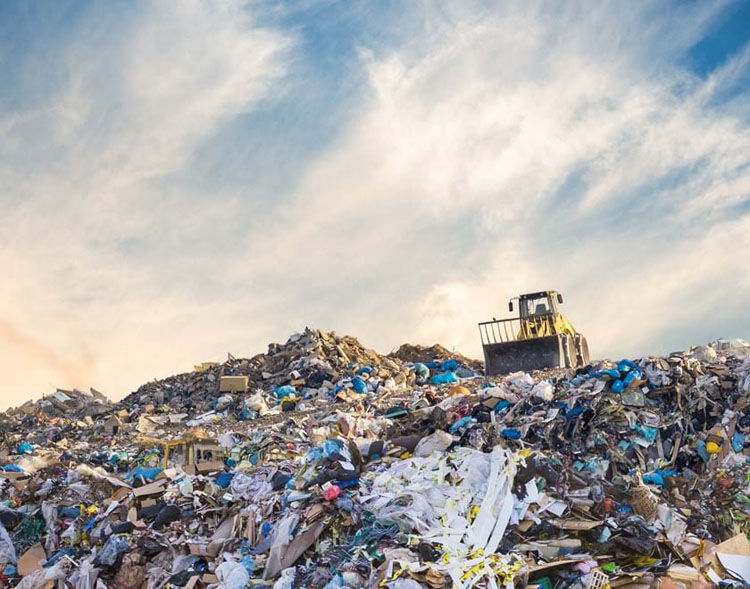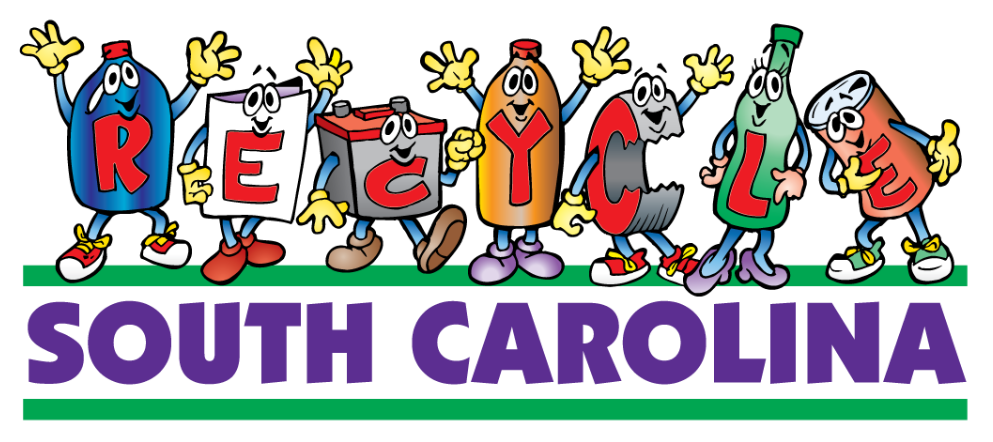Charleston, with its historic charm and natural beauty, stands as a testament to the delicate balance between urban development and environmental preservation. Amidst the cobblestone streets and antebellum architecture, waste disposal is a priority of the local government.
Waste collection on the coast of South Carolina
Coastal pollution poses a significant challenge in South Carolina, threatening marine ecosystems and coastal communities. South Carolina coastal pollution has numerous consequences on flora, fauna and humans. It disorients marine animals who no longer have a suitable place to lay their eggs. Sewage and other waste flowing into the sea destroys coral reefs and many aquatic species. They degrade the quality of the water, some turtles feeding exclusively on jellyfish confuse them with plastic bags.
Various sources contribute to this pollution, including stormwater runoff, industrial discharge, and marine debris. Animals die from suffocation and some injured aquatic species can be subject to infections due to pollution. Domestic waste flowing into the sea or rivers ends up on beaches due to high tides. Oil activity is also largely responsible for the disappearance of aquatic fauna, causing major damage. Failure to clean beaches causes the destruction of the ecosystem. Contaminants such as plastics, chemicals, and heavy metals endanger wildlife, degrade water quality, and harm the tourism and fishing industries.
Solutions for cleaning beaches and coastlines
The lack of respect for the environment is the result of the visible consequences of the destruction of nature. Efforts to combat coastal pollution should involve rigorous monitoring, cleanup initiatives, and regulations to reduce pollutant discharge. Collectively raising awareness among residents will be essential for the cleanliness of the coastline. The belief that the ocean is the future of man is to take this into account. Beach cleaning must be done naturally from childhood, so that man never forgets this important principle.
Waste collection on the coast of SC must be linked with public institutions, associations and schools so that young and old alike take part. Collaborative partnerships between government agencies, non-profit organizations, and local communities can aim to implement sustainable solutions. Several solutions are possible: launch a campaign against the rejection of plastic bags, decide now to throw your garbage in the dumpster or dumpsters, create a report on the impacts of human pollution and show associations that are working to clean the beaches of several harmful wastes.
Collecting waste on the coast is a task that must be done periodically. In addition, waste bins and trash cans must be placed everywhere around the beaches to facilitate their access to the public. By prioritizing conservation and pollution prevention, South Carolina should and will to protect its coastal environments for future generations.



